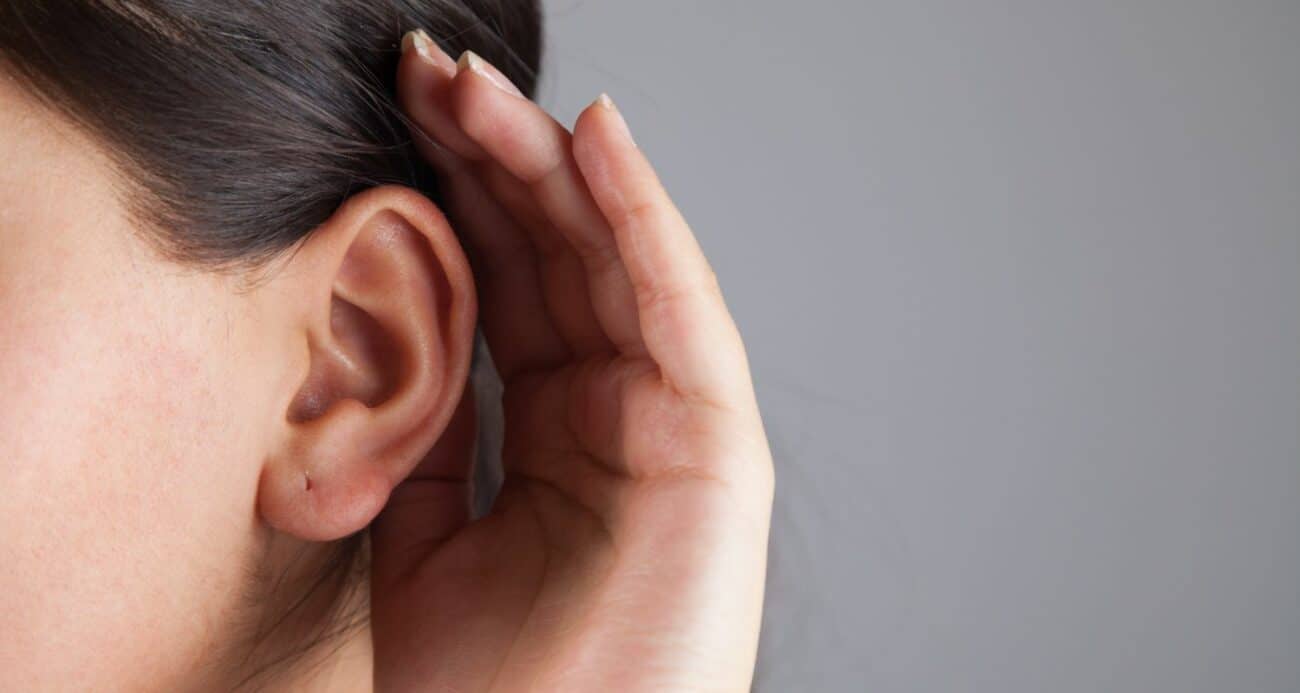- How Fast Can Hearing Loss Progress? - April 10, 2024
- Movie Enjoyment for Hearing Aid Users - March 13, 2024
- Predicting the Future of Hearing Healthcare - February 14, 2024
Hearing loss is a common condition, but it is often misunderstood. Many myths and misconceptions surround hearing loss, making it difficult for people to understand the condition and seek the treatment they need. In this blog post, we will dispel some of the most common myths about hearing loss and provide you with accurate information to help you make informed decisions about your hearing health.
Myth 1: Only older people experience hearing loss
One of the most common myths about hearing loss is that it only affects older people. However, this is far from the truth. While age is a risk factor for hearing loss, it can occur at any age. In fact, one in five teenagers and one in three adults between the ages of 65 and 74 have hearing loss. Other factors that can lead to hearing loss include exposure to loud noises, certain medications, and certain medical conditions.
Myth 2: Wearing hearing aids will make your hearing worse
Another myth about hearing loss is that wearing hearing aids will make your hearing worse. This is simply not true. Hearing aids are designed to amplify sounds and make them louder, making it easier for you to hear. In fact, wearing hearing aids can actually improve your hearing over time by stimulating the auditory nerve. With the technology advancements in hearing aids, today’s hearing aids are sleek and barely visible. They come in a variety of styles and can be customized to your specific needs and lifestyle.
Myth 3: Only loud noises can cause hearing loss
Many people believe that only loud noises can cause hearing loss, but this is not the case. While loud noises are a major risk factor for hearing loss, there are other causes as well. Exposure to loud noise over time can cause permanent damage to the hair cells in the inner ear, leading to hearing loss. However, other factors such as certain medications, certain medical conditions, and even genetics can also play a role. It’s important to protect your hearing in all environments, whether it be in a loud concert or a quiet office.
Myth 4: Hearing loss is not a serious condition
Finally, many people believe that hearing loss is not a serious condition. However, untreated hearing loss can have a significant impact on your quality of life. People with untreated hearing loss may struggle to communicate with others, have difficulty understanding speech in noisy environments, and may even experience depression and social isolation. Early detection and treatment are key to preventing these complications.
Myth 5: You can “get used” to hearing loss
Many people believe that you can simply “get used” to hearing loss and it will not have any significant impact on your daily life. However, this is a dangerous myth. Hearing loss can have a significant impact on your overall quality of life, including communication, relationships, and even mental and physical health. Additionally, untreated hearing loss can lead to a decline in cognitive function, making it harder to process and understand speech, which can lead to isolation and depression. It’s important to address hearing loss as soon as it is noticed, whether it’s through hearing aids, cochlear implants, or other forms of treatment, rather than waiting and trying to adapt.
In conclusion, hearing loss is a common condition that can occur at any age. It’s important to dispel the myths surrounding hearing loss in order to understand the condition and seek the treatment you need. Wearing hearing aids can actually improve your hearing over time, and early detection and treatment can prevent complications and improve your quality of life.
At our hearing practice, we are dedicated to helping you improve your hearing and your quality of life. We offer a wide range of services, including hearing tests, hearing aid fittings, and hearing aid repairs. If you’re concerned about your hearing, or if it’s been a while since your last hearing test, we encourage you to schedule an appointment with us today. Let us help you hear the world around you better. Don’t let myths or misconceptions about hearing loss hold you back from taking control of your hearing health.

